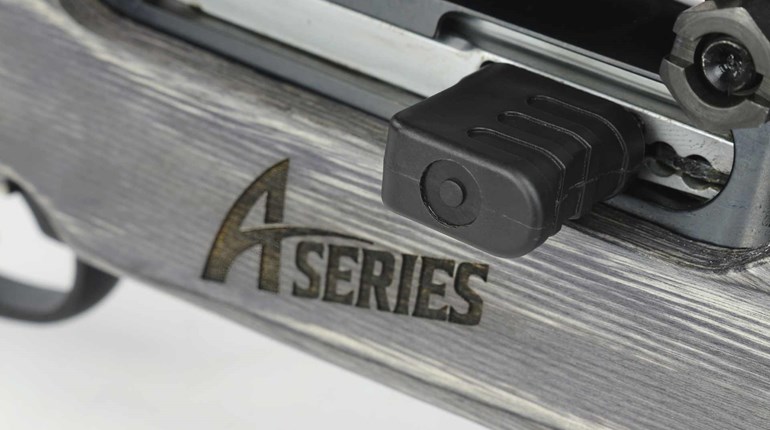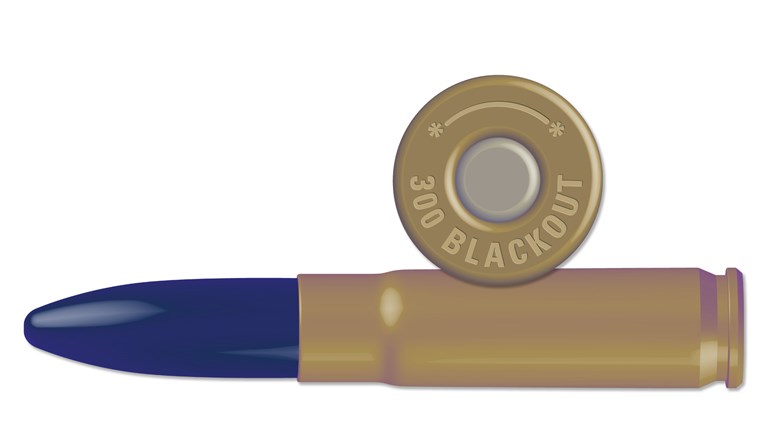
Have you ever been in the middle of a wilderness camping trip and thought, “Gee, I wish I had a delicious homemade pizza right now?” Probably not. However, if you’re like me, you have had your share of sleeping on the ground and eating freeze-dried meals. Roughing it is fun for those who don’t rough it often, but if you earn a living in the great outdoors, trading the tent for an RV and the fire ring for a pellet smoker starts to look pretty good.
A few years back, I was introduced to the Camp Chef Woodwind, an easy-to-use electric smoker/grill that can be expanded with a propane side burner named the Sidekick. An excellent griddle straight out of the box, its modular design opens it up to all sorts of neat cooking apparatuses, like this 14-inch pizza oven.
Setup was ridiculously simple. A total of five screws was all that it took to assemble the unit entirely and get going. Adding it to the Sidekick was as simple as sliding off the griddle and plopping the pizza oven in its place.
The Camp Chef Artisan Pizza Oven is built to mimic the full-sized ones that we see in our favorite pizzerias. Starting with its exterior dome, which is there to capitalize on the fact that heat rises. This allows the hottest air to be vented away from the center of the pie, ensuring that the cheese doesn’t burn before the crust gets to cook.
This works in conjunction with a ceramic stone cooking base that can gather and hold an enormous amount of heat and distribute it evenly. It’s important to understand that when using this pizza oven, the temperature reading is initially representative of the air alone. If given enough time, the stone will catch up to or even exceed this reading, so preheating is essential, as is watching your pizza as it cooks.
I retrieved the Melloni family recipe for pizza dough (you can’t have mine, but there is one included in the literature). I worked the secret ingredients into a round crust, added sauce, cheese and some toppings, and headed back to the yard to fire it up. During the 15-minute preheating procedure, the oven got up to 675 degrees, a bit too hot for cooking. Removing the door and lowering the flame got us down to an appropriate cooking temperature, and by now, I was confident that the thermometer reading represented both the air and the stone.
Using a flour-dusted pizza peel, I transferred my creation directly to the slab, replaced the door, and stood by to check my work in a few short minutes. Depending on if you’re making a thin, New York-Style (correct) pie, or a thick, Chicago-style (WRONG) cake, your time will vary, as should your temperature. I’ve always suspected the differences between the two cities dictated the cooking styles, and thus serves as a good mnemonic.
New York is fast-paced and aggressive, so pizza there is forged with an intense flame in as little as five to 10 minutes before being slid across a counter. Chicago, on the other hand, is on a more laid-back mid-western time schedule, and for the most part, you don’t get a dirty look just for making eye contact with somebody walking down the street. Getting pizza there is a more relaxed, sit-down endeavor, taking as long as 45 minutes before you cut your first slice.
After about six minutes, I pulled the door and gazed upon a pie that was being cooked just about as evenly as advertised. Naturally, the rear was getting slightly more fire than the front, so I gave it a 180-degree turn and considered that the halfway mark. Checking it again in the same time frame, I deemed it complete, pulled it from the oven, and gave it about five minutes to rest before cutting into it. (Take a hint from a New Yorker: Amateurs might be tempted to slice it immediately, but all that does is pull the cheese from the edges, leaving you with a few really good pieces but a majority that even the dog won’t want.)
As expected, the finished product was a perfectly executed pie. The stone did its job of rapidly firming up the dough so that it didn’t absorb the water from the other ingredients and become soggy, while the dome kept the cheese and pepperoni from turning pitch black from the 550-degree heat below.
The entire process was fast enough to cook one pizza as the other sat in queue to be cut and served, making this tiny unit all one would need to throw a successful pizza party. Your friends might mock you for “not really camping.” But that’s OK; they can go ahead and eat a half-burnt hot dog if they want while you and your smarter friends are enjoying pizza. For more information visit campchef.com!







































